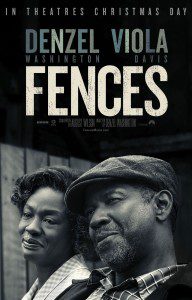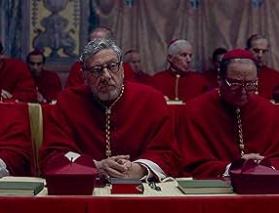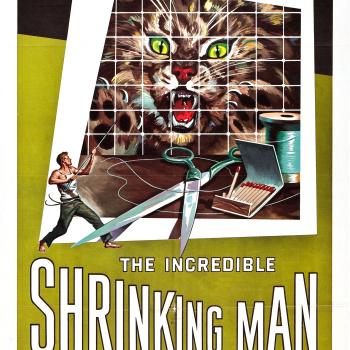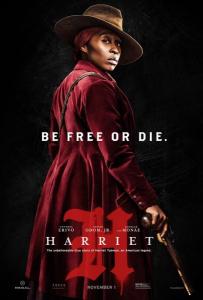Sometimes the timing is just perfect. For me yesterday morning I preached a sermon at the Emerson Unitarian Universalist Church in Canoga Park, California on the book of Jonah. There I reflected on how we can, whoever we are, and whatever our limitations, live into something larger. In that case the story of a complete jerk being a prophet speaking true. Then, in the evening Jan and I went to see Fences.
Now one of the reasons I’m hesitant to call my reflections on the movies we see “reviews” is that in addition to not being schooled in the arts of film making, I’m not a big fan of “drama.” My tastes go more toward comedy, romantic comedy, and the occasional film with lots of things blowing up. Sadness, well, I get to see plenty of that in real life. Going to see the sadness of our human condition as entertainment, well that often feels like carrying coals to Newcastle. So, I don’t do it a lot. That said, and maybe it was the context of the moment we went to see Fences. And, oh my, it was heartbreakingly beautiful. I was so glad we went to see it.
The movie indeed turns on our woundedness. It is an exploration of how we survive within the circumstances of our lives, and particularly against the context of how we are shaped by hurt and disappointment, and, let’s use the word, injustice. At the same time it held up the dignity of our humanity. So, something of a complement to my own reflection from the perspective of seeking to make things right. Fences plays out on a much smaller stage, if you will, on the ordinary lives of ordinary people. And, frankly, makes the point better than I did.
Fences is the film adaptation of August Wilson‘s play of the same name. The play is part of a ten play cycle where Wilson explores the details of African American life decade by decade. He won two Pulitzer Prizes for the cycle, including one for this particular play. For me the language of the movie was the thing. Well, there were a lot of things, but the language is what caught me. In the opening scene I realized this wasn’t going to be typical movie fare. It was striking and beautiful and difficult and, I don’t know, like listening to Shakespeare. Our spoken language as poetry, or, maybe its poetry as our spoken language. I was unaware of August Wilson’s genius before seeing this movie. Just one of those names from the literary scene. No more.
The artifice of the project was only apparent to me for a couple of minutes before I was drawn into the conversations, and the lives of these people. The brokenness, the courage, the difficulties small and large all playing out on a small stage. And stage feels the right word. The major criticism I see when looking at reviews is that the film is barely adapted from stage to screen. In fact nearly all the cast were in the Broadway revival of the play. And it is extremely play-like, taking place in just a couple of locations, each pictured in a very play-like manner by Wilson himself, who died shortly after completing the screenplay. Some people considered this aspect of the film a problem. As I said, for me, the play-like quality was only apparent for a few minutes before the story captured me and carried me forward. Maybe a small advantage in not being schooled in film making. I was able to take it as it is, and, I feel lucky for that.
The story takes place in Black working class Pittsburgh in the 1950s, and features sanitation worker Troy Maxson, played by Denzel Washington, who also directed, his wife Rose, played by Viola Davis, their son Cory, played by Jovan Adepo, Troy’s elder son from an earlier relationship Lyons, played by Russell Hornsby, Troy’s brother Gabe, played by Mykelti Williams, and Troy’s old, old friend Bono, played by Stephen Henderson. I found Denzel Washington’s tightly wound, more than a little crazy Troy enormously compelling. Tragedy in the pure use of the word. If Viola Davis doesn’t get an Oscar for her performance as Rose, there is no justice. Of course, sadly, as we know, and if we don’t, we’re reminded in the film, there is in fact precious little justice in this world. Together the cast take August Wilson’s words and with them and their beautiful embodiment as brushes paint a whole world on that small, small stage.
This is mostly a quiet film, with latent violence here and there, mostly it is very talky. I doubt it is going to be everyone’s cup of tea.
Me, I loved it.
And if you want an exploration of our human condition, of the ways the currents of life, so many of them terribly unjust, shape and bend us, and sometimes break us, you’ve got it here. And, for me, critically, particularly with Viola’s Rose, you get a picture of how someone can rise through those wounds of life, the constrictions of circumstances, and lives into wisdom. The play appears to be about Troy. It is. But, most of all, the person to watch is Rose. She plays the hope of humanity. And, for those of us who haven’t noticed, Viola Davis is becoming one of the great actors of this moment, fully able to meet Denzel Washington.
Over at Rotten Tomatoes, ninety-five percent of the one hundred and fifty-three professional reviewers gave it a thumb’s up. A smaller but still impressive eighty percent of more than twenty-two thousand regular film goers who recorded their opinion, were positive.
This is a movie to see.













